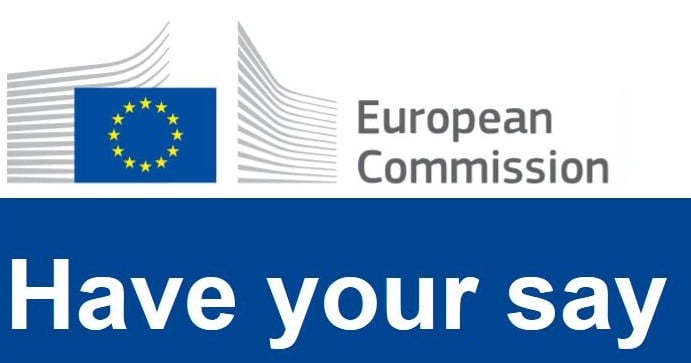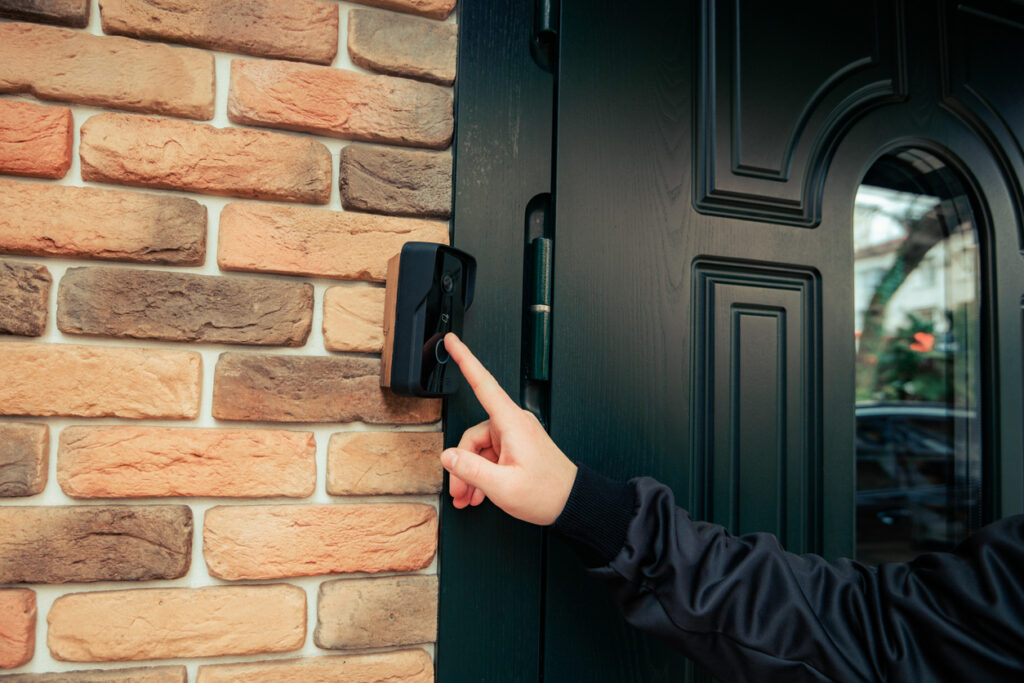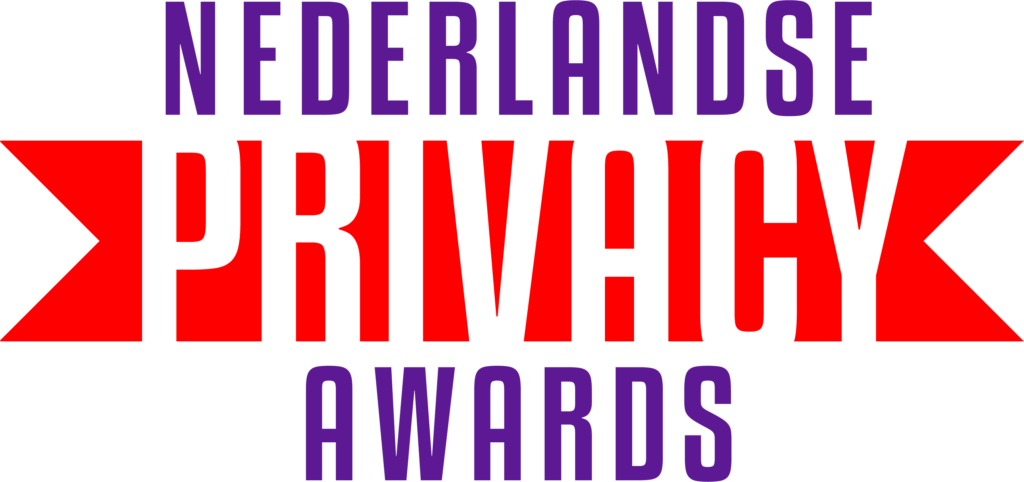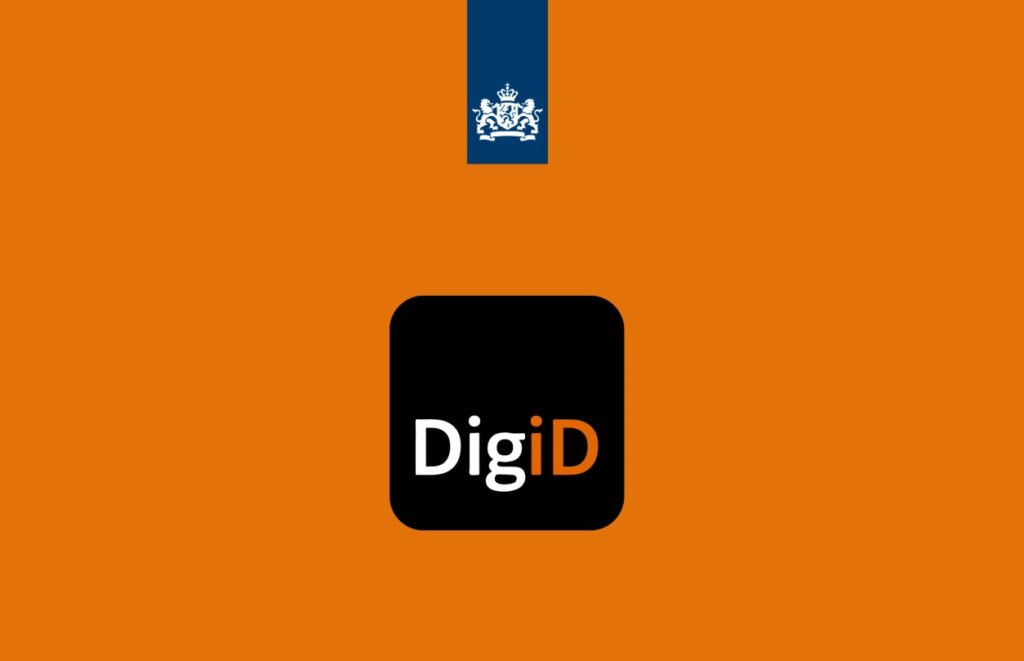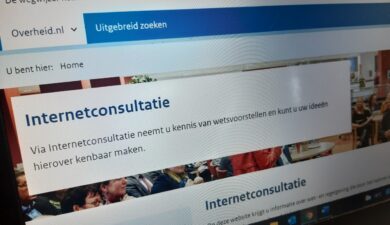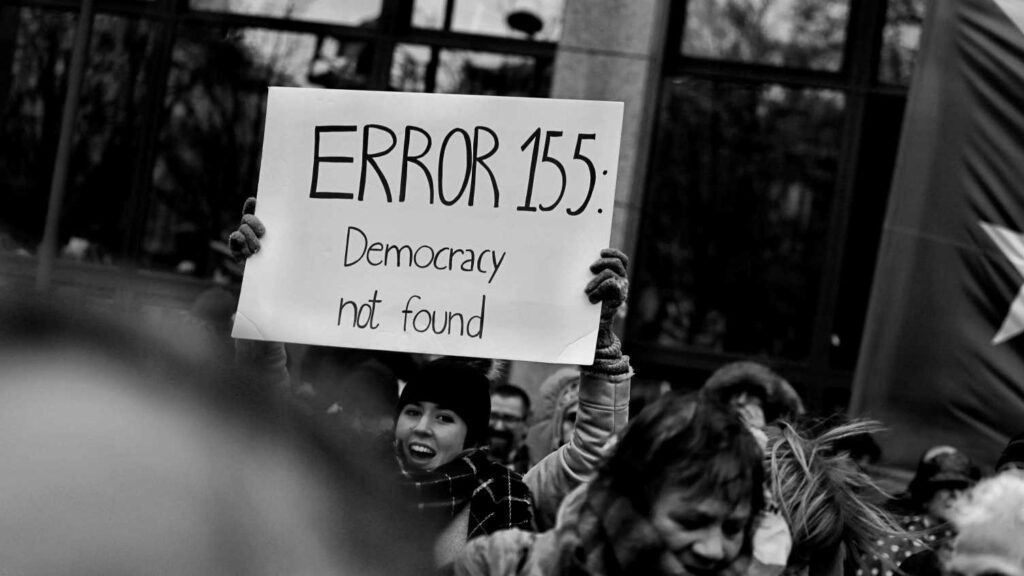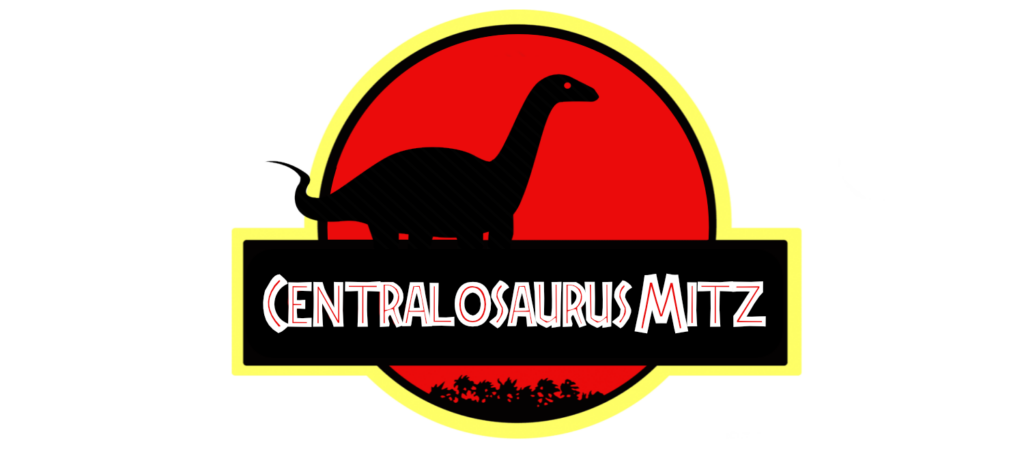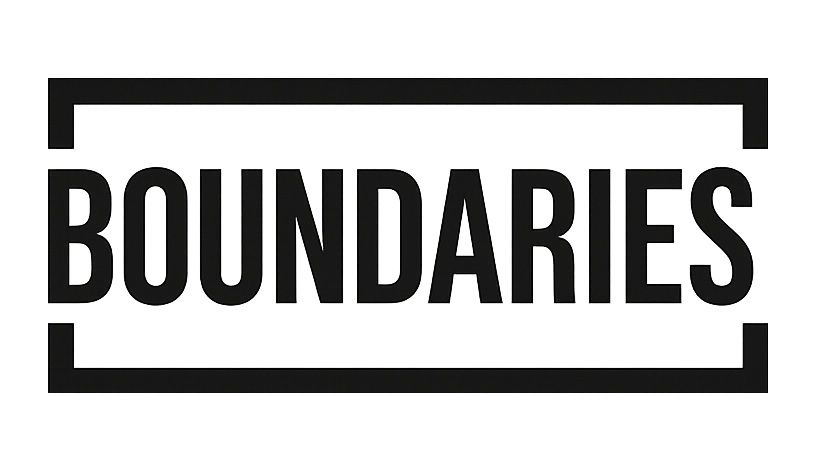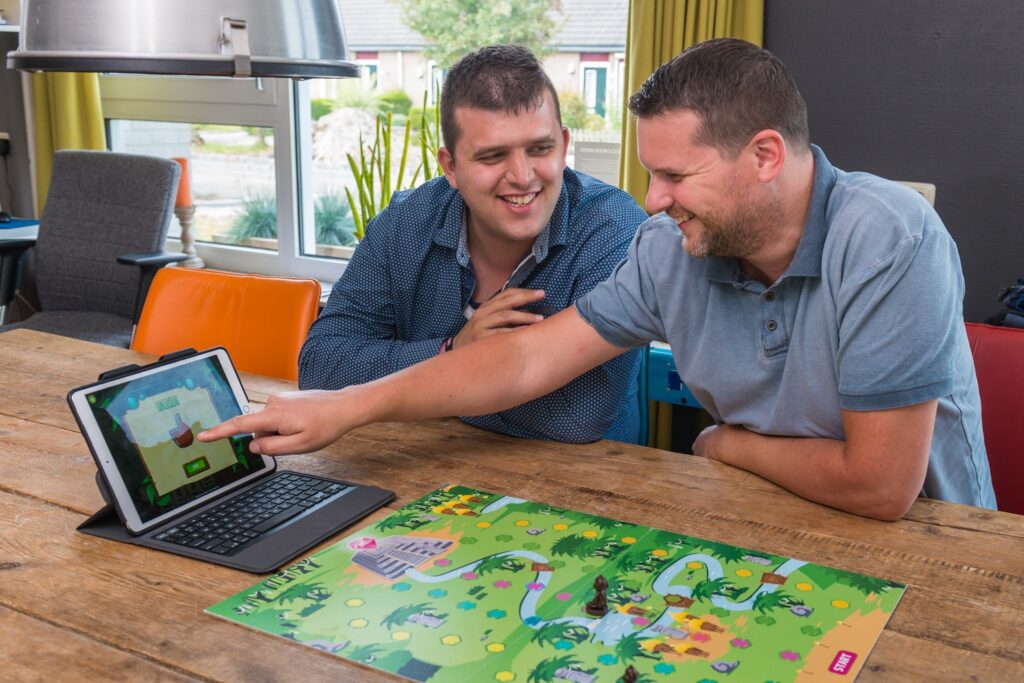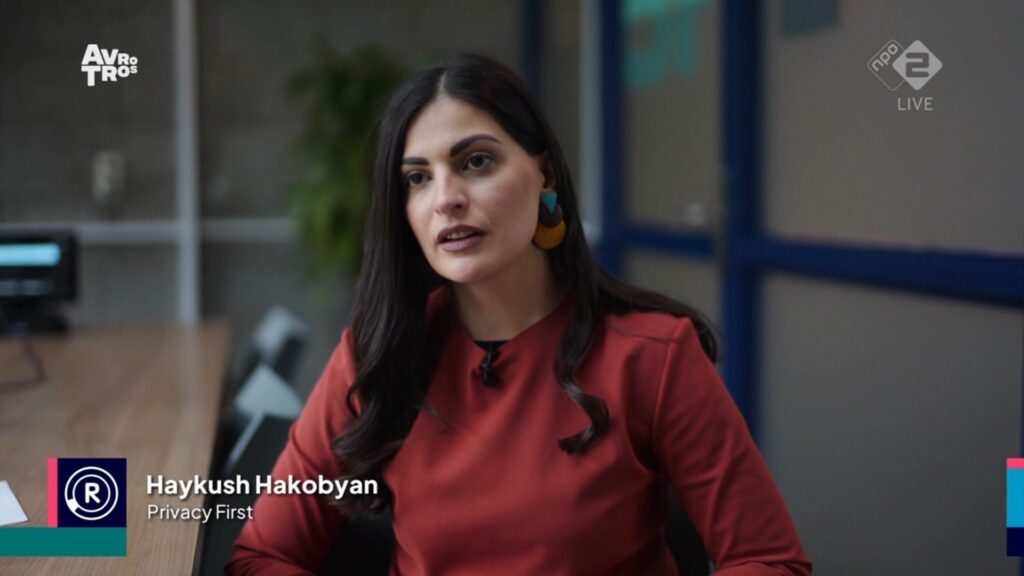
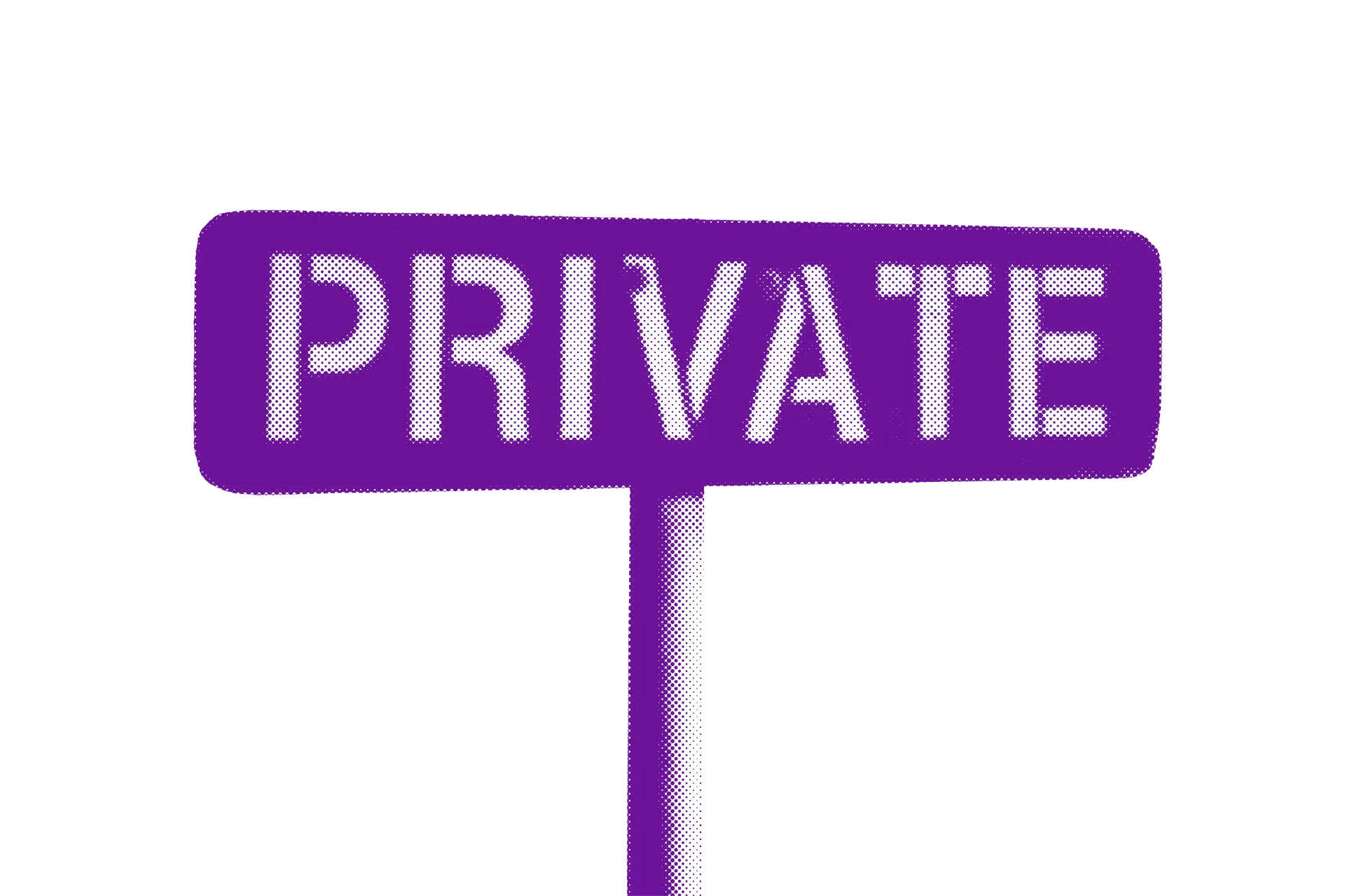


Become a donor to Privacy First
To carry out its day-to-day operations and litigation, Privacy First depends entirely on donations and grants.
Rather transfer directly?
IBAN:
BIC: ABNANL2A
In the name of Stichting Privacy First, Amsterdam
Donating with Bitcoin is certainly possible. Donating via the Lightning Network (recommended) can be done at this page. Alternatively, you can donate by sending Bitcoin to the following Bitcoin address: bc1qt8smvacug54fqjsdysn77a2h59e9yrq05zymmw
With your support you help a small team of hardworking people who diligently protect the autonomy and privacy of every Dutch citizen. We conduct thorough research, organize events, build coalitions, maintain a network of volunteers and stakeholders and influence politics. If necessary, we take legal action.
If your organisation own choices in a free environment also care, then become a corporate donor or partner and support Privacy First's mission. We are an independent foundation with the aim of preserving and promoting the right to privacy. This also fits with Corporate Social Responsibility of organisations.
Donations are used for, among other things, researching topics to provide interpretation on current developments, defining positions and lobbying on which we then publish.
Donating can easily be done using the form above. Would you rather transfer directly? That is also possible via Attn: Privacy First Foundation, Amsterdam.
Privacy First has ANBI status which allows donors to deduct their donation from income or corporate tax.
Do you have specific ideas or requirements? Please contact us: info@privacyfirst.nl
Both ordinary and periodic and corporate donations or gifts are deductible, but different conditions apply. You can read about the difference between these two types of donations or gifts at the website of the Inland Revenue.
In brief:
- If you make a gift or donation to Privacy First Foundation for at least 5 years which is recorded in a periodic donation deed (also called periodic donation agreement), you will get a portion back from the tax authorities. How much? That depends on your age and income. Calculate with this free tool your tax benefit.
- Ordinary donations are also deductible in your income tax return, but a threshold and a maximum apply. You can read more about this at the website of the Inland Revenue.
- Companies can deduct their donation in business through corporate income tax. The amount of gift deduction cannot exceed 50% of profits and must remain below €100,000. Also, the tax deduction must not make the profit negative.
Many Dutch people make donations or lay down in their will which charitable causes their assets will go after their death. If you want to leave money or assets to Privacy First, you can record this in a will. A self-written document is not officially valid. Bequests can be made in two different ways.
Inheritance
An inheritance allows you to name Privacy First as sole or joint heir. As a joint heir, Privacy First receives a percentage of the estate. The amount of the percentage is up to you. Privacy First shares the inheritance with your other heirs. Is Privacy First the sole heir then Privacy First receives the entire estate.
Bequest
A bequest is a defined portion of your estate, for example, a painting, house, securities portfolio, a fixed amount of money, or a certain percentage of your assets. This is a good option if you want to document very precisely what you want to give to Privacy First.
No inheritance tax
Privacy First pays no inheritance tax because it has ANBI status. The will determined thus fully benefits our work of Privacy First. The notary will specify what information should be included in the will.
Drawing up
Bequests to one or more charities can only be made through a will made by an official notarial document. A codicil (your own handwritten statement) is not sufficient. The notary advises on the possibilities and records the last will in a notarial deed. A will has no legal force until the testator and the notary have signed the will. Contact us to finalize the details at info@privacyfirst.nl.
Donating with Bitcoin is certainly possible. Donating via the Lightning Network (recommended) can be done at this page. Alternatively, you can donate by sending Bitcoin to the following Bitcoin address: bc1qt8smvacug54fqjsdysn77a2h59e9yrq05zymmw
With your support you help a small team of hardworking people who diligently protect the autonomy and privacy of every Dutch citizen. We conduct thorough research, organize events, build coalitions, maintain a network of volunteers and stakeholders and influence politics. If necessary, we take legal action.
If your organisation own choices in a free environment also care, then become a corporate donor or partner and support Privacy First's mission. We are an independent foundation with the aim of preserving and promoting the right to privacy. This also fits with Corporate Social Responsibility of organisations.
Donations are used for, among other things, researching topics to provide interpretation on current developments, defining positions and lobbying on which we then publish.
Donating can easily be done using the form above. Would you rather transfer directly? That is also possible via Attn: Privacy First Foundation, Amsterdam.
Privacy First has ANBI status which allows donors to deduct their donation from income or corporate tax.
Do you have specific ideas or requirements? Please contact us: info@privacyfirst.nl
Both ordinary and periodic and corporate donations or gifts are deductible, but different conditions apply. You can read about the difference between these two types of donations or gifts at the website of the Inland Revenue.
In brief:
- If you make a gift or donation to Privacy First Foundation for at least 5 years which is recorded in a periodic donation deed (also called periodic donation agreement), you will get a portion back from the tax authorities. How much? That depends on your age and income. Calculate with this free tool your tax benefit.
- Ordinary donations are also deductible in your income tax return, but a threshold and a maximum apply. You can read more about this at the website of the Inland Revenue.
- Companies can deduct their donation in business through corporate income tax. The amount of gift deduction cannot exceed 50% of profits and must remain below €100,000. Also, the tax deduction must not make the profit negative.
Many Dutch people make donations or lay down in their will which charitable causes their assets will go after their death. If you want to leave money or assets to Privacy First, you can record this in a will. A self-written document is not officially valid. Bequests can be made in two different ways.
Inheritance
An inheritance allows you to name Privacy First as sole or joint heir. As a joint heir, Privacy First receives a percentage of the estate. The amount of the percentage is up to you. Privacy First shares the inheritance with your other heirs. Is Privacy First the sole heir then Privacy First receives the entire estate.
Bequest
A bequest is a defined portion of your estate, for example, a painting, house, securities portfolio, a fixed amount of money, or a certain percentage of your assets. This is a good option if you want to document very precisely what you want to give to Privacy First.
No inheritance tax
Privacy First pays no inheritance tax because it has ANBI status. The will determined thus fully benefits our work of Privacy First. The notary will specify what information should be included in the will.
Drawing up
Bequests to one or more charities can only be made through a will made by an official notarial document. A codicil (your own handwritten statement) is not sufficient. The notary advises on the possibilities and records the last will in a notarial deed. A will has no legal force until the testator and the notary have signed the will. Contact us to finalize the details at info@privacyfirst.nl.
Lawsuits
Privacy First first consults and seeks solutions. Lawsuits are our last resort.

